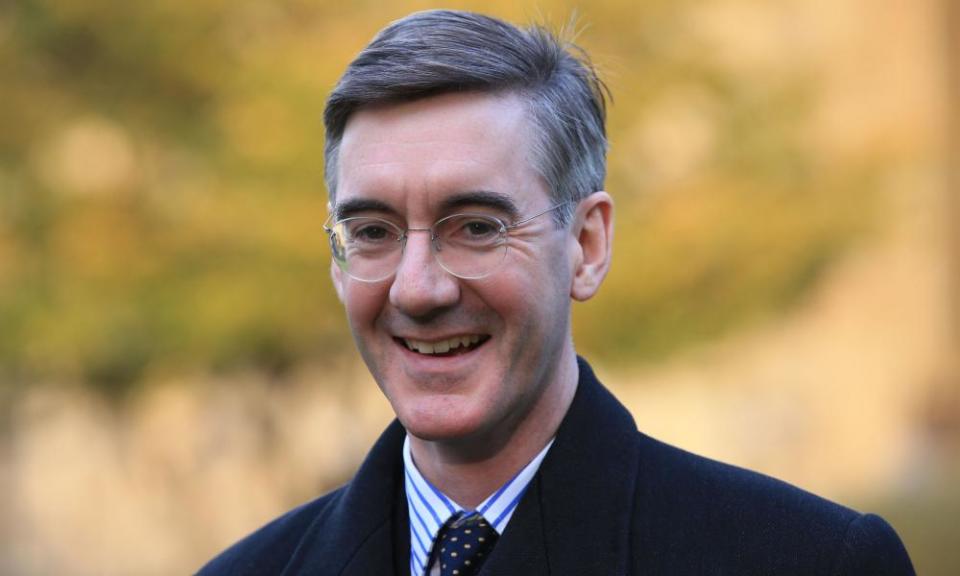Call for delayed Brexit day and longer transition splits MPs

Disagreement over Brexit has split the main parliamentary committee charged with scrutinising the UK’s departure from the EU after a majority of its members concluded that the day of exit may have to be delayed.
The findings of a report out on Sunday by the all-party Brexit select committee also recommends that provision be made to extend the post-Brexit transition period beyond the expected period of 21 months to allow more time for administrative changes and for businesses to adapt. But in a sign of rising tension and division in parliament, a group of Tory MPs on the committee on Sunday denounces these central findings in their own “minority report”, saying that such delays would amount to a betrayal of the will of the British people.
Jacob Rees-Mogg, a Tory member of the committee, said: “The majority report is the prospectus for the vassal state. It is a future not worthy of us as a country, and I am sure that Theresa May will rightly reject a report by the high priests of Remain.”
Before a crucial EU summit this week at which the prime minister hopes to secure at least an outline agreement on a transition period, the official report says “little progress” has been made on key issues including the future of the Irish border. It casts serious doubt on whether all details of a partnership between the EU and UK can be agreed by a deadline set for this autumn, to allow a deal to be put to the European and UK parliaments for approval before Brexit day on 29 March next year.
The committee says it may be necessary to extend the article 50 period beyond next March to ensure that discussions do not spill over into the transition phase.
On the possible need to extend the transition, it adds: “If a 21-month transition/implementation period is insufficient ... the only prudent action would be for the government to seek a limited prolongation to avoid unnecessary disruption. It would, for example, be unacceptable for business to have to adapt their import and export processes twice.”
Hilary Benn, the committee’s Labour chair, said the lack of progress on Irish border issues was particularly worrying. “The government must now come forward with credible proposals as to how it can operate a ‘frictionless border’ between Northern Ireland and the Republic of Ireland, because at the moment the committee is not persuaded that this can be done at the same time as the UK is leaving the single market and the customs union.
“We know of no international border, other than the internal borders of the EU, that operates without checks and physical infrastructure. This is deeply concerning.”
But Tory vice-chair John Whittingdale said any pushing back of the timetable would “ignore the wishes of the people and would delay Brexit by an indefinite period”.
Charles Grant, director of the Centre for European Reform, said it was likely the UK would get an accord on the terms of the transition at this week’s EU summit. “Only one thing could prevent a deal: if the British cannot convince Dublin they are making progress towards achieving a barrier-free Irish border, the Irish could veto a transition,” he said. “But that seems unlikely.”

 Yahoo News
Yahoo News 